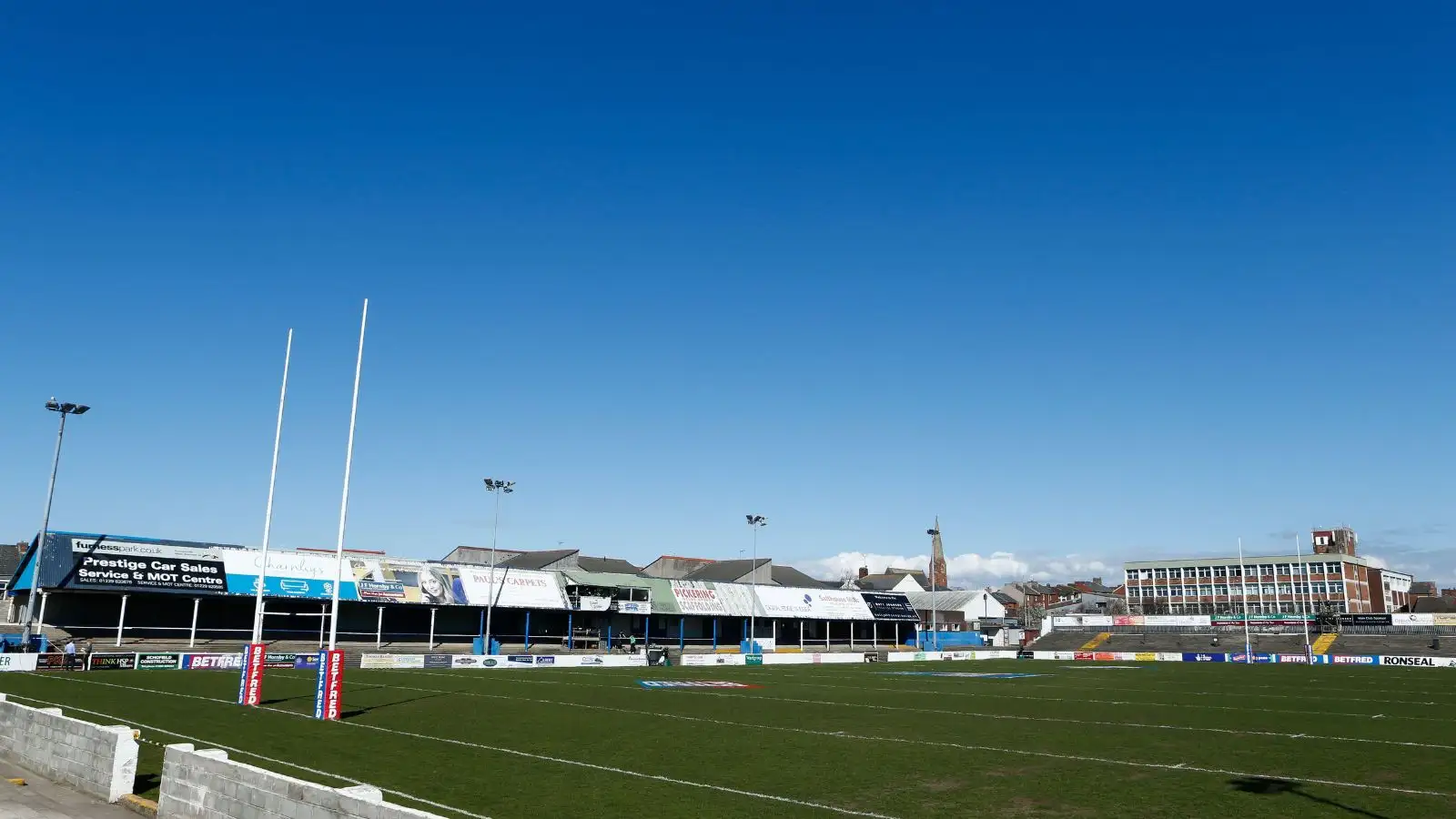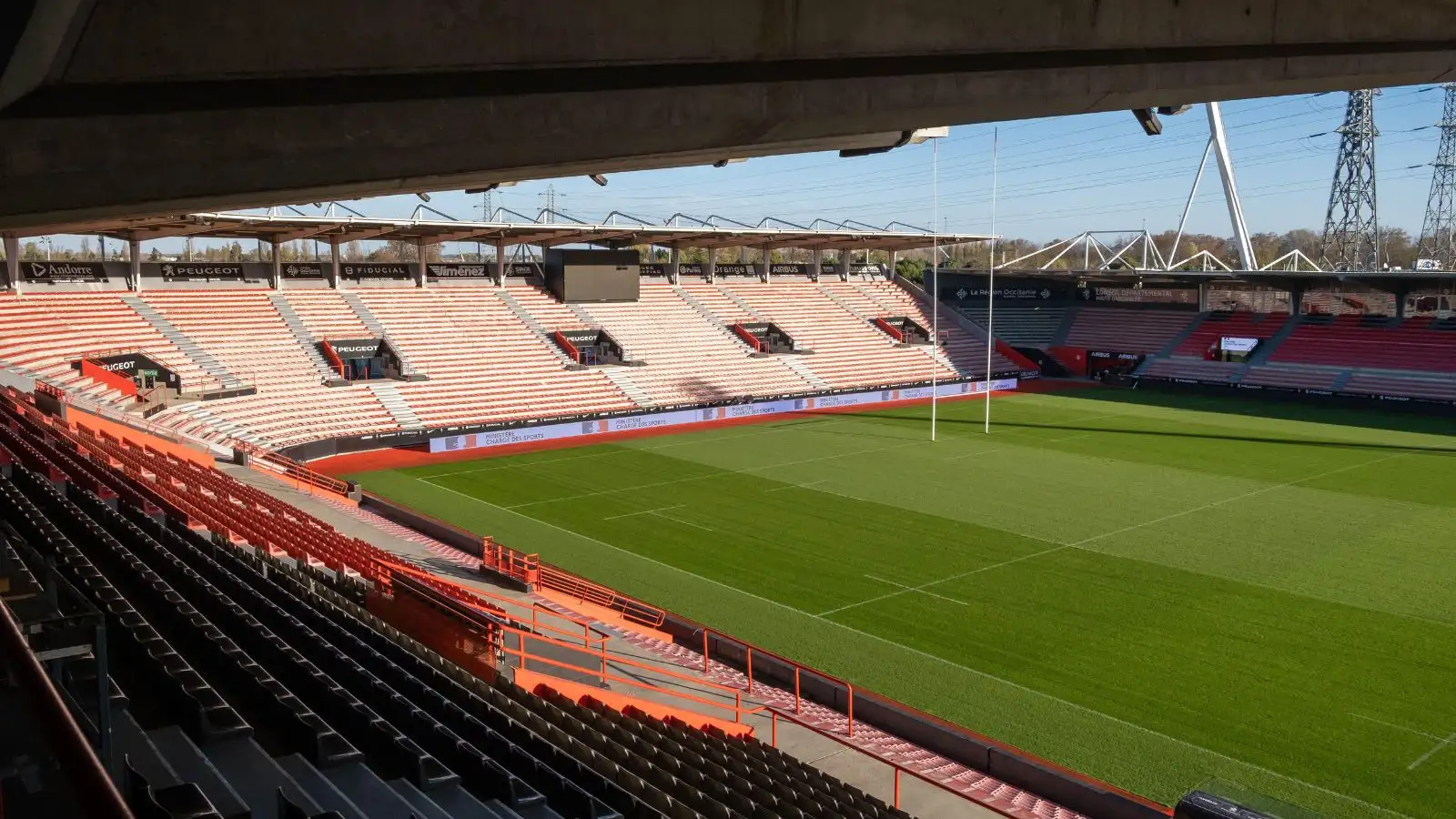Six Tackles: Where should Europe’s next new professional club be based?

One of the success stories of this year has been how the PNG Hunters have established themselves as a viable presence in the Queensland Cup.
News also broke last week that Fiji is to have a professional club side, playing in the New South Wales Cup. It is therefore worth looking at which parts of Europe might be viable for the establishment of a new semi-professional club side.
Expanding at Super League level has enjoyed mixed success, with clubs such as, most recently, Crusaders discrediting the whole affair. The likes of Paris St Germain have also come and gone. Semi-professional expansion would seem a more sensible way of doing things, with Coventry Bears the latest club to announce that they are set to graduate to semi-pro status.
As the game spreads internationally there is a need for players to be performing at the highest level possible, and, ideally, they should be able to do that in their own countries.
We take a look at six of the more viable possibilities here.
1. Scotland
The success of the Scotland team at the World Cup demonstrated the need for a semi-professional club North of the Border. There is a developing amateur scene in Scotland which needs a peak to its pyramid. As to location, Glasgow seems to be the de facto ‘home’ of Scottish rugby league, although Aberdeen is where the current strongest club side plays. The north east of Scotland is hard work to travel to, however, especially for part-time set-ups. An option is the south west Border region, perhaps Dumfries, which is a short journey from Cumbria. It might also be possible to tap into the rugby culture in Borders towns such as Kelso or Melrose. It is to be hoped that the national team continues to develop, and is given the opportunity to play regular games. Then the sponsorship can be brought in which can allow a semi-professional club to flourish. Scotland might well be the best option, as things stand.
2. Belgium
While this may seem like a somewhat left-field option, the Belgian national side has recently begun to play internationals. In June, the Belgian national side beat the Netherlands 32-16, and there have also been student internationals held there recently. Could a professional club be established soon? The country is a big draw for tourists, with its famous beer and chocolate enough incentive for many to make a trip. Perhaps a team in Antwerp or Brussels could begin life in the the French league structure, before achieving sufficient development to move into the British pyramid at some stage in the far future.
3. Serbia
Serbia is gradually turning into one of rugby league development’s success stories, with two players at Warrington this month impressing all and sundry with their attitude as well as their ability. Stevan Stevanovic and Stefan Nedeljkovic both play for the Dorcol Spiders in their homeland, while there are also clubs in Belgrade. With Tony Smith remarking that the two Serbs were certainly good enough for semi-pro rugby league, it would seem that there is some talent to tap into in Serbia. There are issues here, however, with travel and transportation, which could be prohibitive. Rather than one club, perhaps the focus should be on developing closer links with Serbian clubs, offering a better developed pathway to the professional ranks, at least at this stage.
4. Italy
A northern Italian club could play in the French league with relative ease. A team from Milan, Venice or Turin could travel over the border to play French clubs. There is also plenty of appeal to fans in a trip to this part of the world. There are still issues to be resolved with regard to Italian rugby league, however, which still seems bitterly split, between its official and unofficial governing bodies, with the ‘rebel’ Federazione Italiana Rugby Football League (FIRFL), recently taking the game into Tuscany, and playing an ‘international’ in Kenya. The official body, the Federazione Italiana Rugby League (FIRL), seems to be based more in Australia than Italy, and was responsible for the Italian side which competed at the 2013 World Cup. Until the two sides in this dispute can work together, or a new body is formed which brings all strands of the game in Italy together, development opportunities will continue to be missed in what could be a key market.
5. Ireland
The game in Ireland could certainly use a boost, with the national side’s performance at last year’s World Cup a disappointment to many. A semi-professional club would give the country more of a focus when it comes to the sport. Republic of Ireland v Northern Ireland Origin is currently the main project of the Irish Rugby League in the summer of 2014, and it could give an indication of where the game’s real strength lies in the Emerald Isle. Limerick is Ireland‘s ‘rugby’ city, and a club could perhaps tap into some of the passionate support which Munster rugby union fans generate. Dublin might be a more attractive destination for away fans, but there is a lot of work to be done in Ireland, and with the Irish national team, before anything more can happen. Belfast may also be an option, but as midsummer is also ‘marching season’ in Ulster, it might not be a big draw for away fans.
6. Spain
The formation of the Espana Rugby League in 2013 centred largely on the eastern city of Valencia, where game has begun to take root, with Englishman Darren Fisher now charged with raising standards in his role as national coach. Three clubs operate out of Valencia now, Valencian Warriors RL, Ciencias de Valencia and the Irreductibles RL (Valencia), while the Spain national team recently beat Belgium in a test match. Rugby league games have also been played in Spanish Catalonia, with a de facto Catalan national team playing in several fixtures in 2008 and 2009. A club could potentially play out of Barcelona, which has been used to host Catalan Dragons fixtures. There are strong cultural links with the South of France, and travelling over the border for games is not too hard. The club could play in the French league until, at some stage in the future, it might be possible for them to move into the British pyramid. Again, the eastern cities of Spain have plenty which would appeal to visitors.
The development of clubs in other countries is essential, if we are to back up the great work being done to spread internatonal rugby league. As a sport, we have to ask oursleves what we want to look like in 15 or 20 years’ time.
Do we want to still be a sport of small, Northern English towns, or a sport with a wide geographical reach, complementing our tradition as an open game, accessible to people from all backgrounds?
Comments welcome…



